Campaign for presidential election formally kicked off in the Philippines on Tuesday, three months ahead of the voting on May 9 to choose a new president that will lead this Southeast Asian country in the next six years.
At least 67.5 million Filipinos have registered to vote, including 1.8 million voters overseas. They will also elect the vice president, about 300 lawmakers, and over 18,000 positions as local officials.
There are 10 presidential candidates and nine candidates for the vice president. According to surveys, Ferdinand Marcos Jr., 64, the son of former President Ferdinand Marcos, is leading in the opinion polls. Trailing behind him are 56-year-old incumbent Vice President Maria Leonor Robredo, Manila City Mayor Francisco Domagoso, Senator Manny Pacquiao, Senator Panfilo Lacson, and five others.
The presidential aspirants each made a pitch on Tuesday to woo the votes of Filipinos.
"My dream is to unite all Filipinos. I believe that a united people will recover from the economic crisis brought about by the pandemic," Marcos Jr. said during a proclamation rally attended by some 25,000 people in Bulacan province near Metro Manila.
"We will go far if we are united," Marcos Jr. said, vowing to "make the Philippines proud."
Robredo, who kicked off her campaign in her hometown in Naga City, rallied the people to join her to make changes. "Please join us in this fight. If you give me a chance, you will be my partner," she told her supporters.
Pacquiao told his supporters in his hometown General Santos City on southern Mindanao island that he would haul to jail the corrupt officials. He promised to provide families with a better livelihood. "I will make sure that families square three meals a day and the children get an education," he added.
For Domagoso, he promised to shatter inequality and find quick actions to ensure that people have houses, education, health, jobs, and equality. "The future of your children depends on this fight," he said in a rally held in Manila.
In the Philippines, the president and vice president are elected separately. Davao City Mayor Sara Duterte-Carpio, 43, daughter of President Rodrigo Duterte, will run for vice president as the running mate of Marcos Jr.
Duterte, whose six-year term ends in June, has yet to endorse any presidential candidate.
Like in past elections, some candidates already started campaigning on TV, social media and radio months before the campaign season started.
As early as October last year, presidential aspirants have begun crisscrossing the archipelago to dole out goodies and cash, launch TV promotions and roll out social media advertising programs. The candidates' names and pictures are displayed on giant billboards along major highways.
However, unlike in the past, the candidates are not expected to barnstorm cities and towns, croon love songs, hug babies, and dance on stage to win votes.
The Commission on Elections has imposed restrictions to contain the spread of COVID-19, barring politicians from entering houses, crowding, handshakes, hugs, kissing, or any actions involving physical contact.
Even taking selfies and photographs, activities that require proximity with people, as well as distribution of food and drinks, are prohibited.
With the COVID-19 threat, the candidates are expected to be more prominent in digital platforms and hire social media savvy advisers to woo the youth, who comprise more than half of the total registered voters.
Meanwhile, the crescendo of campaign rhetoric and mudslinging is also expected to intensify in the coming days as the three-month campaign unfolds.








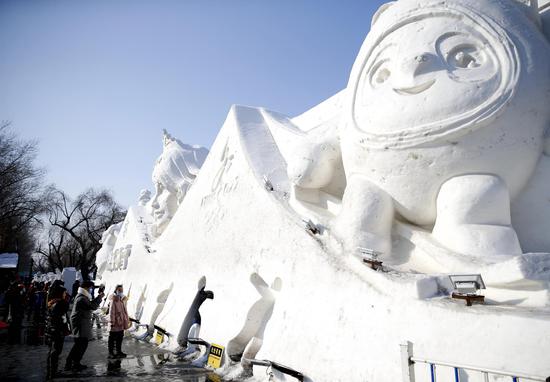
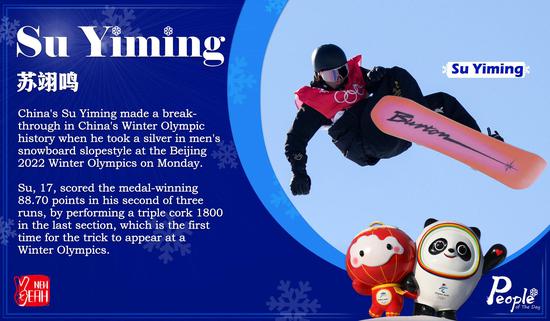
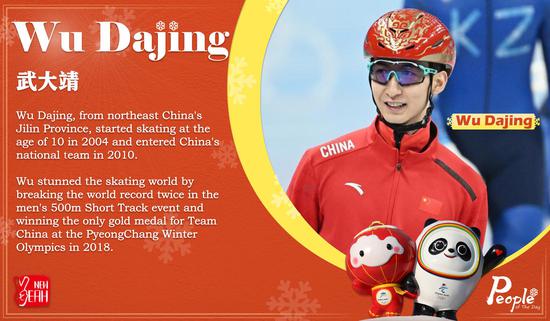
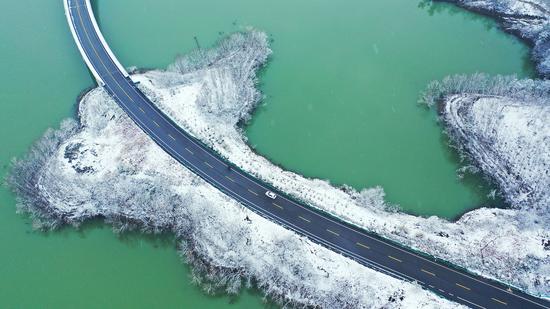
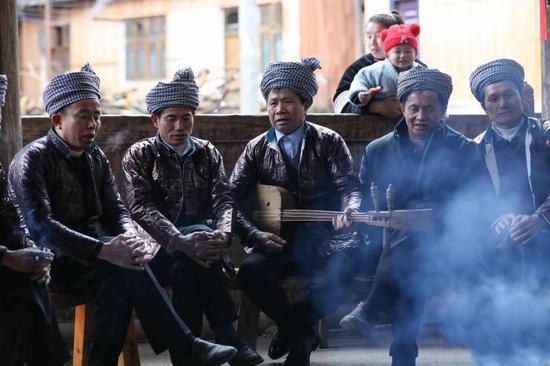
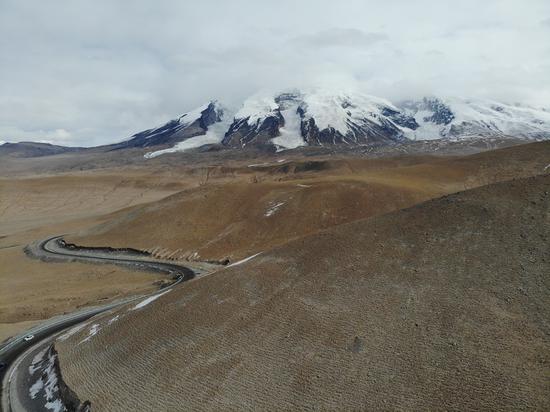
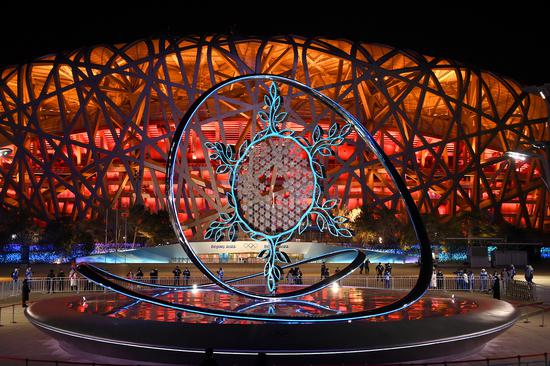
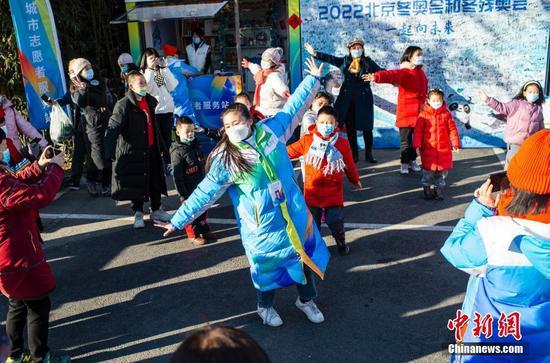
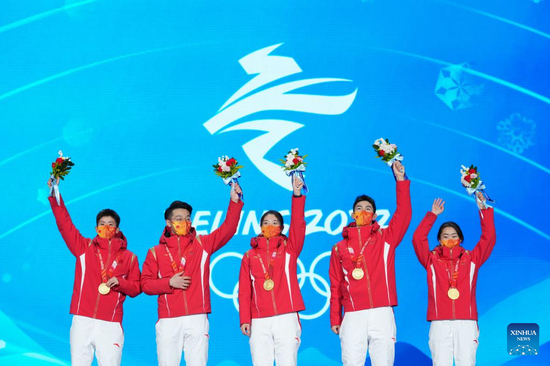
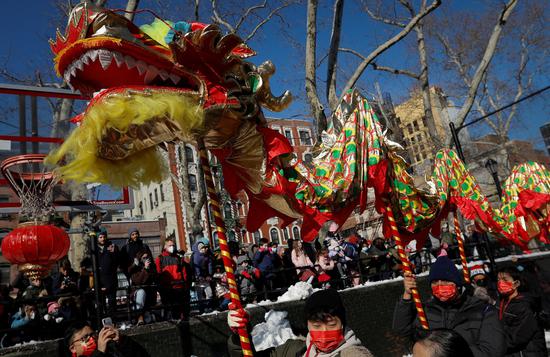
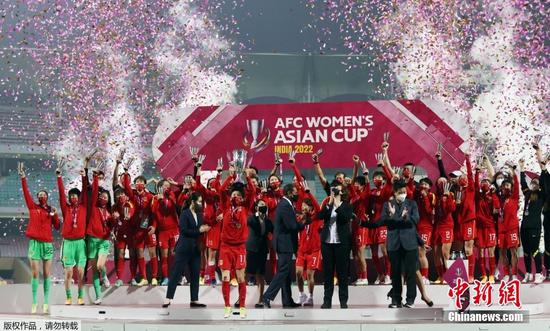
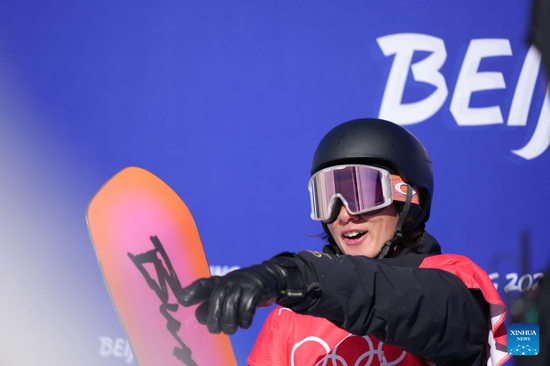

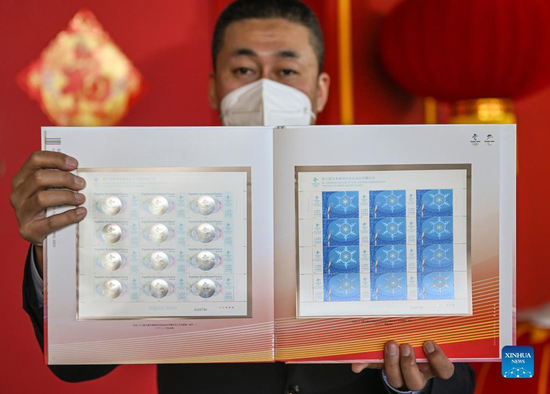
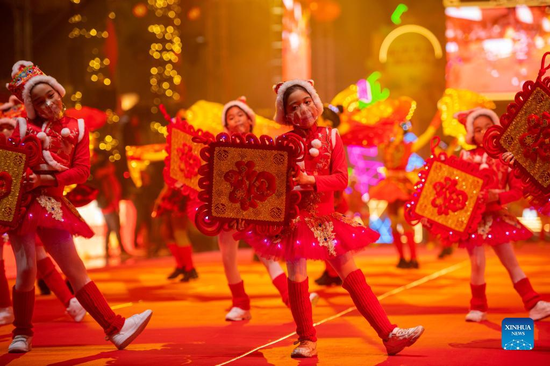
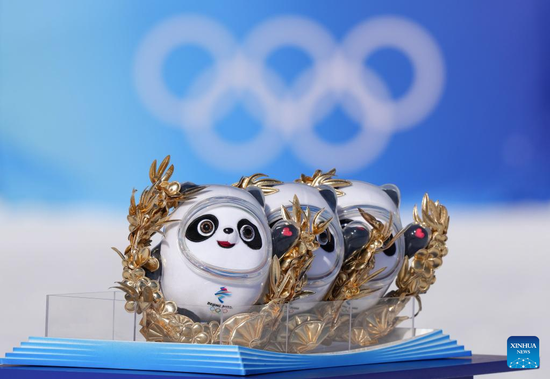
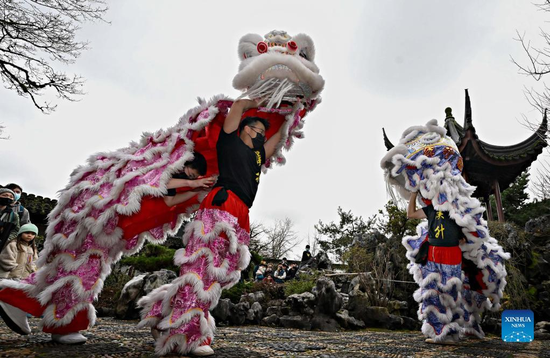
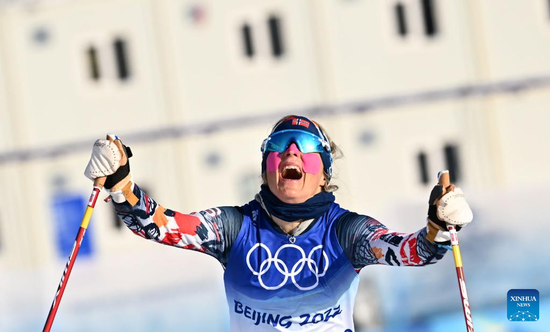
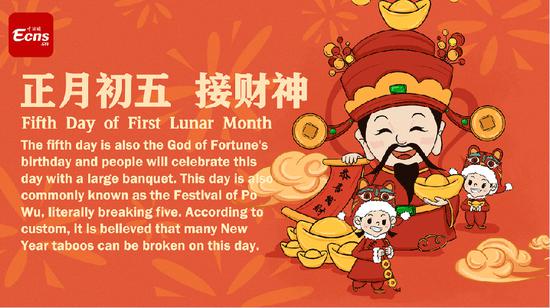


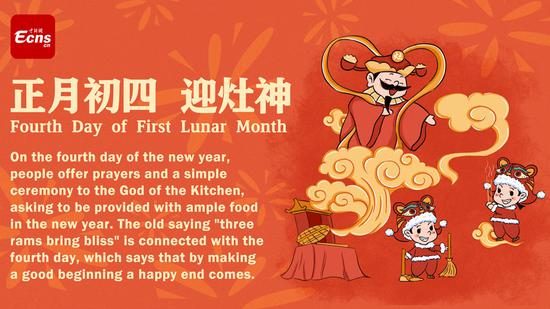
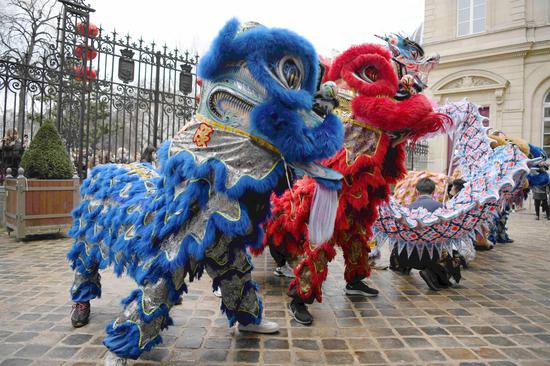
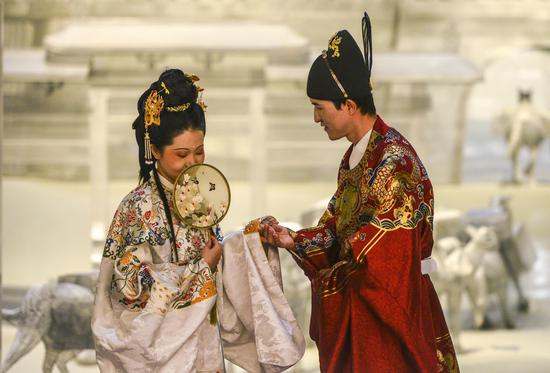
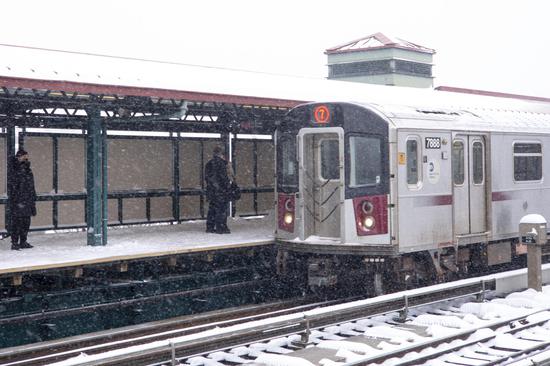
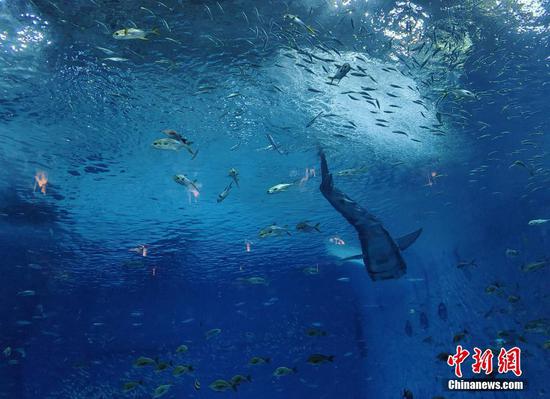
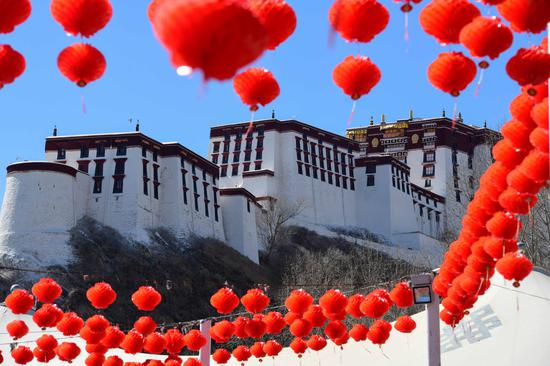
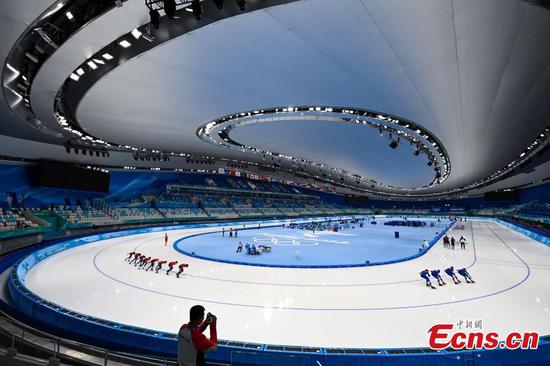
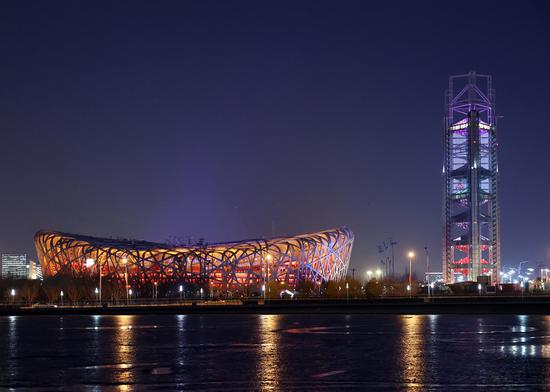
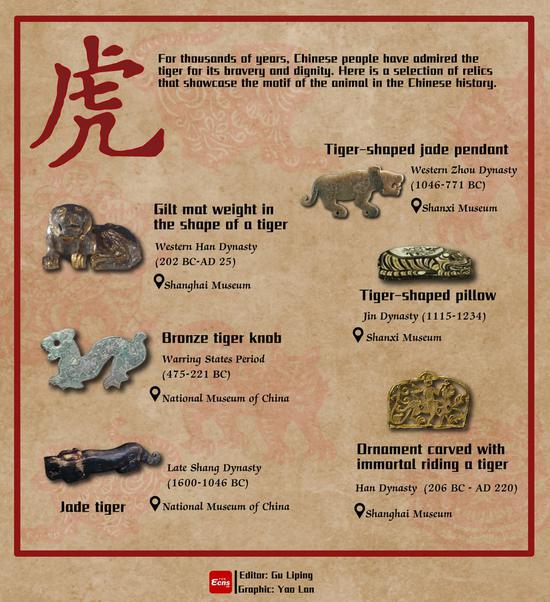
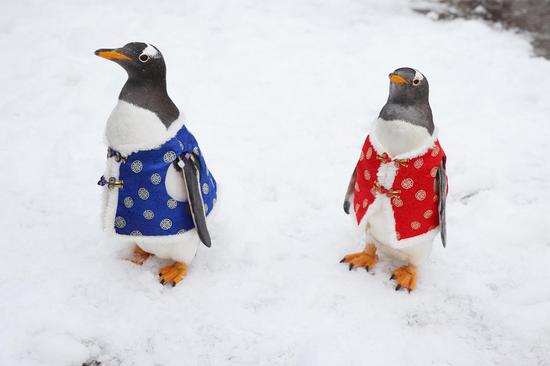
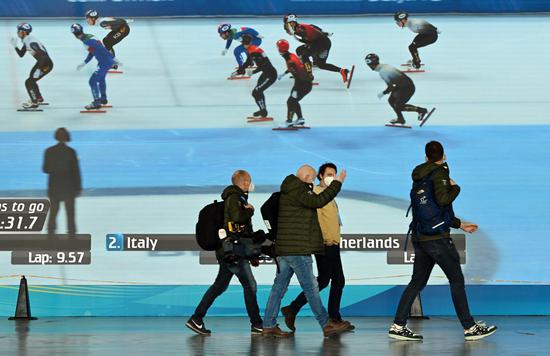
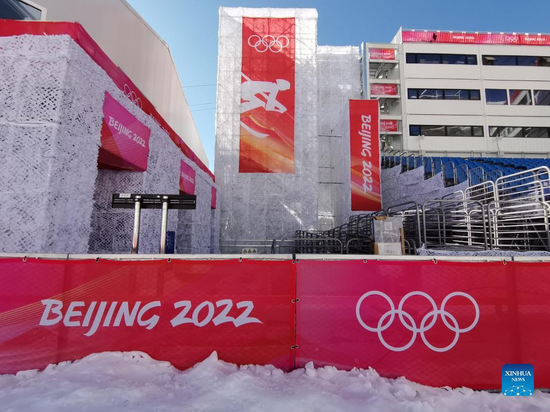
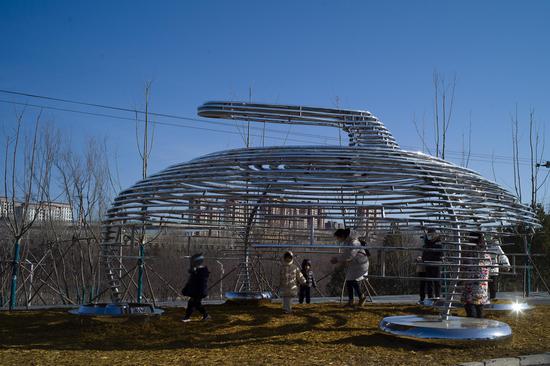
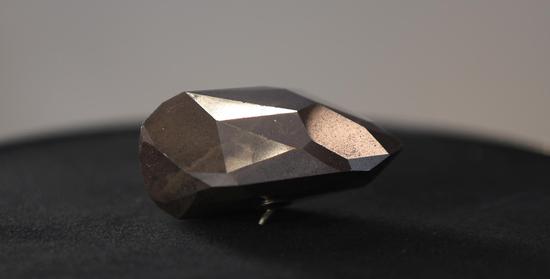
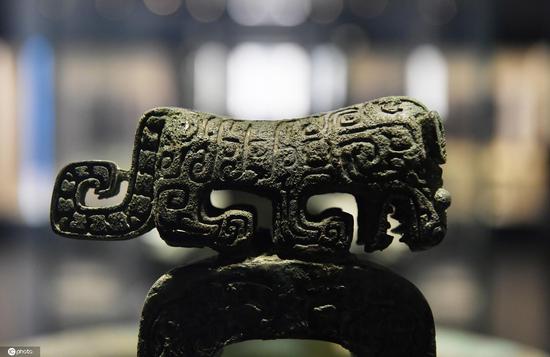
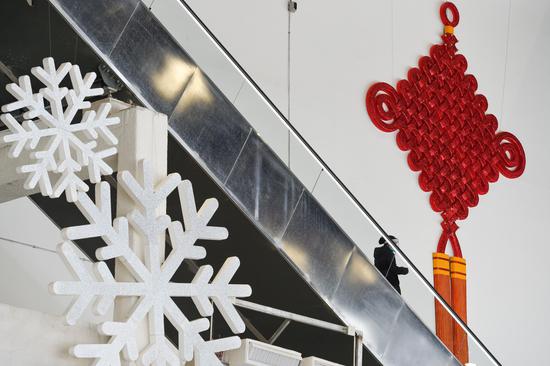





 京公网安备 11010202009201号
京公网安备 11010202009201号